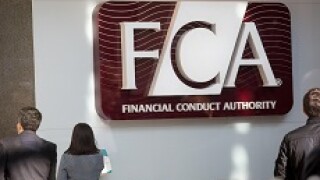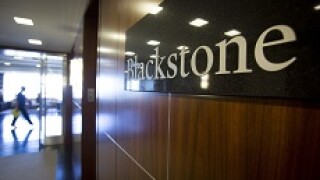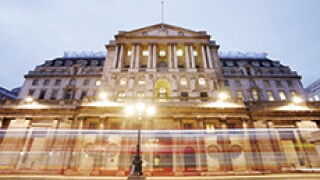Top Stories
-
The Eurogroup made no progress towards creating a common EU debt instrument on Tuesday night, but member states will be able to fund their responses to the coronavirus crisis through a new credit line with the European Stability Mechanism.
-
After discussions with the Bank of England and the Sterling Risk-Free Reference Rates Working Group over the impact of Covid-19 on companies’ plans to transition from Libor, the UK’s Financial Conduct Authority said on Wednesday that the final deadline of the end of 2021 was immutable.
-
Mauricio Cárdenas, Colombia’s finance minister in 2012-18, has told GlobalCapital that emerging market nations would struggle to raise the financing required to fund measures to treat the Covid-19 pandemic and consequent economic slump. “Difficult years are coming” for EM, warned the former official.
-
US president Donald Trump looks unable to lead a global response to the health and economic crisis caused by the coronavirus pandemic, but the dollar is unchallenged as the global safe haven in times of crisis. This contradiction is destabilising.
-
GSO Capital Partners, the credit unit of private equity firm Blackstone, has raised roughly $4.5bn for its second European direct lending fund, according to an SEC filing. But as the coronavirus pandemic wrecks corporate balance sheets, several sources are concerned with how European companies will fare.
-
Extraordinary support measures from central banks across the world include an element of corporate lending, but all the schemes announced so far target SMEs, and companies rated BBB- and above. That leaves a gaping hole in the rescue net, which the authorities must fill.
-
The UK government’s offer on Friday to pay 80% of the wages of furloughed workers came in the nick of time to save thousands of jobs in manufacturing and services. But few of those affected realised they were benefiting from a German idea. The move highlights how the coronavirus crisis is causing a rapid dissemination of techniques around the world.
-
The US Federal Reserve has made it easier for the country's banks to eat into their total loss-absorbing capacity (TLAC) buffers without facing restrictions on equity and debt distributions.
-
Three UK companies have already flagged their interest in the Bank of England’s emergency commercial paper funding scheme for large businesses, announced on March 20. The big three rating agencies will help fast-track unrated investment grade issuers into the scheme, but the strict eligibility limits leave leveraged and smaller companies out in the cold.
-
A rush to dollars in recent days has caused dysfunctions in various corners of the financial markets. The US Federal Reserve has rushed to put out the flames, including with new measures on Monday.
-
Could EU member states finally come together to issue a common debt instrument? In this article, GlobalCapital takes a look at the key issues.
-
The Bank of England said on Friday morning that UK banks should not treat coronavirus-impacted exposures as impaired assets under IFRS 9 accounting standards, as it unveiled new guidance around the impact of the pandemic.












